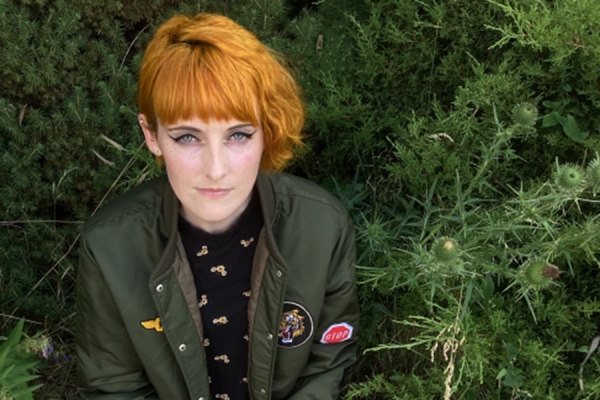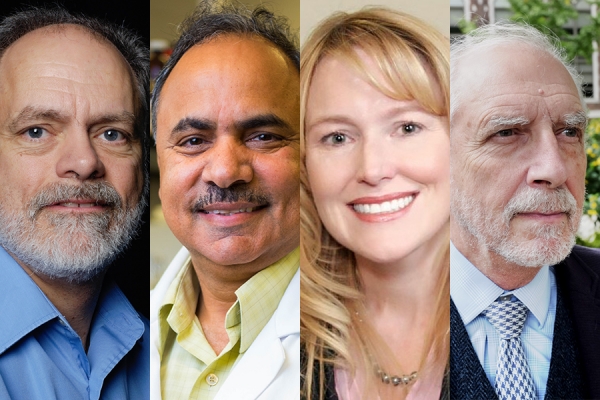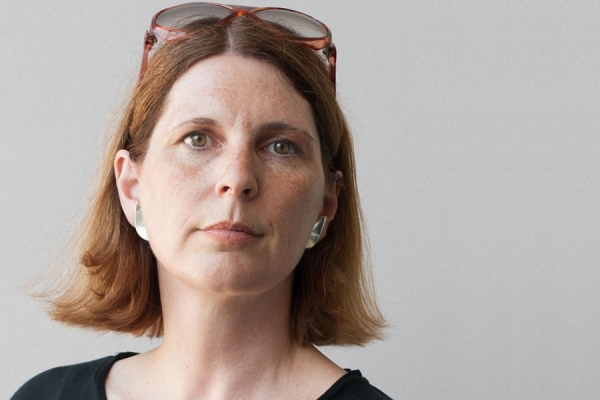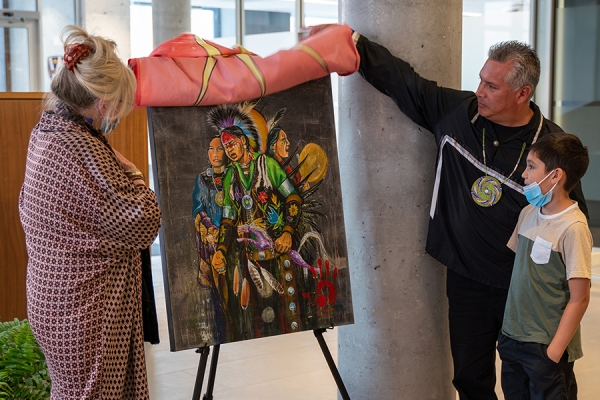 More than 2,300 students will gather Friday and Saturday, Oct. 14 and 15, at the Toldo Lancer Centre for five sessions of Convocation.
More than 2,300 students will gather Friday and Saturday, Oct. 14 and 15, at the Toldo Lancer Centre for five sessions of Convocation.
More than 2,300 students will gather Friday and Saturday, Oct. 14 and 15, at the newly-opened Toldo Lancer Centre for five sessions of Convocation.
The 118th ceremonies will honour approximately 1,500 new graduands and 800 returning graduates who collected diplomas virtually in 2020 and 2021 due to pandemic restrictions.
University of Windsor president Robert Gordon says a return to on-campus Convocation is a celebration of both student achievement and a homecoming for the campus community following the hosting of the event at the WFCU Centre in the spring during the construction of athletics complex, as well as virtual Convocation ceremonies to allow for social distancing.
“Convocation is always such a proud time for students, their families, and the faculty and staff. This will be an especially memorable one for everyone,” Dr. Gordon said.
“As we celebrate our students and their many exciting achievements, we will have an opportunity to showcase the beautiful new Toldo Lancer Centre as home not only to recreational services and intercollegiate sports and varsity teams, but as a place for the community to gather, recharge, and connect — a place for all.”
Diplomas will be awarded during the following sessions:
Session 1, 9:30 a.m. Friday, Oct. 14
- Faculty of Arts, Humanities and Social Sciences
- Odette School of Business, not Including Master of Management programs
- Faculty of Human Kinetics
- Faculty of Science, not including course-based master’s programs
- Faculty of Education
- Faculty of Law
Session 2, 2:30 p.m. Friday, Oct. 14
- Odette School of Business, Master of Management programs
- Faculty of Science, course-based master’s programs
- Faculty of Engineering, course-based master’s programs in civil and environmental disciplines
Session 3, 9:30 a.m. Saturday, Oct. 15
- Faculty of Nursing
- Faculty of Engineering, undergraduate programs and research-based graduate programs
Session 4, 2 p.m. Saturday, Oct. 15
- Faculty of Engineering, course-based Master of Engineering in industrial, mechanical, mechanical-automotive, and materials disciplines
Session 5, 6:30 p.m. Saturday, Oct. 15
- Faculty of Engineering, course-based Master of Engineering in electrical disciplines
Every session will be livestreamed on the UWindsor YouTube channel.

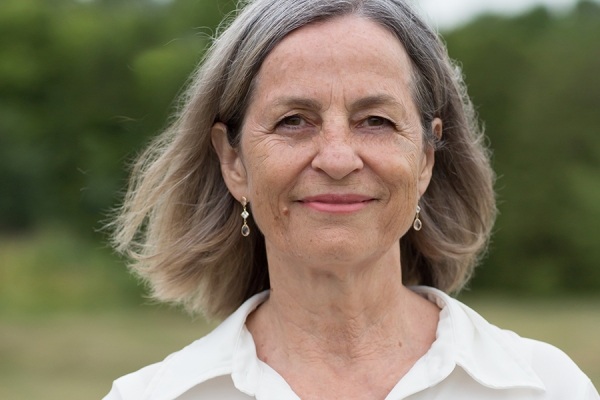
 Dr. Alexander received a Bachelor of Applied Science degree from Assumption University in 1963 and a Master of Applied Science degree from the University of Windsor in 1964, both in electrical engineering. Following graduate work at the University of Michigan, he spent his teaching career at the University of Windsor, retiring as associate dean, academic, in the Faculty of Engineering.
Dr. Alexander received a Bachelor of Applied Science degree from Assumption University in 1963 and a Master of Applied Science degree from the University of Windsor in 1964, both in electrical engineering. Following graduate work at the University of Michigan, he spent his teaching career at the University of Windsor, retiring as associate dean, academic, in the Faculty of Engineering.